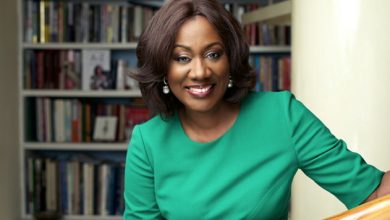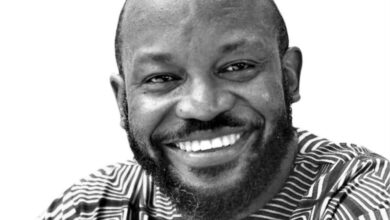The Lunch Hour – Henry Ademola Adigun, Oxford Policy Management

“I would tell President Buhari to stop spending all Nigerian revenue on recurrent expenditure”
Henry Ademola Adigun has worked in international development for 18 years. One of Africa’s leading oil and gas policy experts, he is currently the Team Lead for the Facility for Oil Sector Transformation Project (FOSTER). He has led interventions to boost the revenue and transparency of Nigeria’s oil industry, coordinating critical inputs into policy reform at the Presidency, the NNPC, the Ministry of Petroleum and the National Assembly. Ademola has provided analytical support for oil and gas policy reforms in other African and Asian countries. He has previously worked with the British Department for International Development (UKAid) and the British Council. He is a political economist and popular commentator on public affairs.
University Science or Arts?
I got a degree in Estate Management from Ife.
What was your first job after school?
My first paid job after school was teaching. I taught in Nickdel College Ibadan. That was before NYSC. Afterwards, I worked as an Estate Valuer in Kano with Diya Fatimilehin.
Where did you go after your first job?
I joined Restral Consulting. I was there for over a year. I later went to First SMI Investments, a Venture Capital firm funded by Chartered Bank and 3 other banks. I had resumed with MTN when I got an offer to join the British Council in Abuja. I joined the Department for International Development (UKAID) then went into Banking with UBA and from there back to development with Adam Smith International before joining Oxford Policy Management.
What’s the biggest lesson you took away from the University?
That the university is a place where you can either make the best out of or waste all your years. I started off studying Chemical Engineering but got bored. I tried to study Economics but was told that I couldn’t switch from pure science because I didn’t do any arts subject. Then I tried to study Law, but I couldn’t because I didn’t do Literature. So, I decided to look for a course that combined Economics and Law and went for Estate Management. I ended up spending 8 or 9 years in the university. I was in year 3 when I went back to year 1. Well, I think the issue for me was that I wasn’t fulfilled. I went for my IT as a Chemical Engineering student then I realized that was not what I wanted to do with my life. I found it very boring.
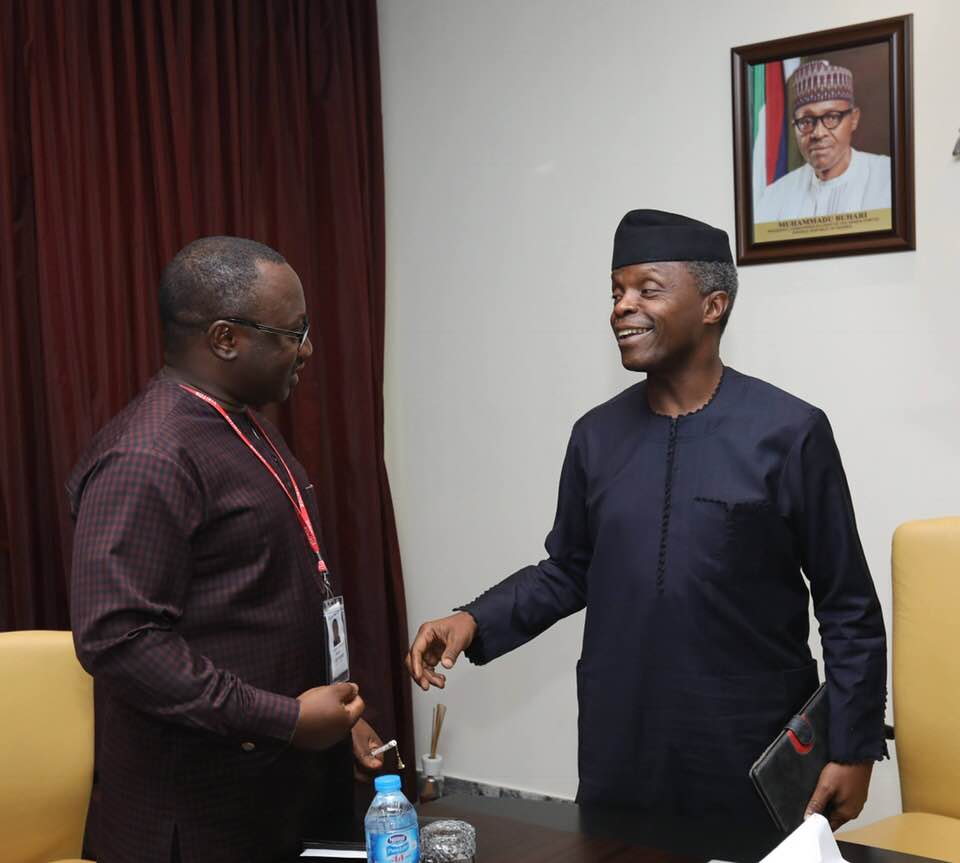
What is the biggest lesson you took away from home?
First thing is to have a large heart. My dad had four wives, but he didn’t have any problems sharing whatever he had with others. We always had an army of people living with us. The second lesson is to have a forgiving heart. In a polygamous setting, there are quite a few things you can be bitter about if you want. I learnt not to carry hurts and slights in my heart. I think the third thing I realized is that everything is just for a while.
Who is the bigger influence? Your mom or your dad?
Both my parents are significant influences, but my dad is clearly the bigger influence. When he died, I almost died. We discussed everything: sex, marriage and such. He was a friend later in life. Now my mom is my very good friend.
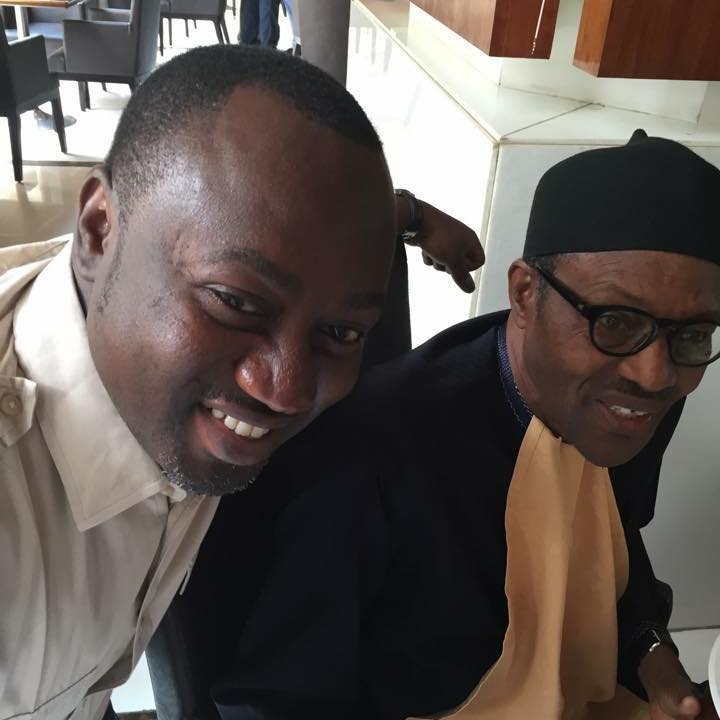
What is your favorite kind of music?
I like romantic songs. I like playing slow music in the car. I like reggae and rock too. In fact, I like all songs, Juju, Apala, just mention.
Also Read: The Lunch Hour – Yemi Anyanechi, Founder, Sefton Fross
Notable music hits that you remember from school?
Phil Fearon and Galaxy, What Do I Do, was a massive hit. It came out in 1984. The other one I liked a lot was Seen The Light by Starpoint. I have both songs on my iTunes. I have played them 80-90 times.
Who are your favorite authors?
Right now, it is Malcolm Gladwell. His style is simple, he goes straight to the point. I copy his style when I write stories online. The other person I used to love when I was younger was Harold Robbins, he used to write narratives that you could feel the character and see the person alive. Goodbye, Janette, Dream Die First, Carpetbaggers and all those novels. The characters will live in your mind for a long time.
So, what are you reading right now?
I have six books that I am reading. My reading style is this, I read several books at once. My bathroom is my library, I have two books that I am reading there: Seven Signs and The Black Box. In my bedroom, I am reading Peter Enahoro’s old book, How To Be A Nigerian. In my office, I am reading The Migration of Oil, which could explain how we came from a nation with booming export agriculture industry to become oil-dependent. Then on my iTunes, there’s a lady I cannot remember her name, I have been reading her book for the past few days.
Who is your best boss ever?
There are two people that made impact in my life that I will never forget. My boss in Restral who is now in Africa Capital Alliance, Uwa Osa-Oboh, then my boss in British Council, Dr. Catherine Chatham. When I joined Restral I was in a hurry. I wanted to take back the years I thought I had lost at the University. I wanted to earn more money. So each time that I had to change a job, the thing I was looking for was more money. I was looking for who was paying the best. Uwa sat me down and told me to slow down, and develop valuable skills, money will come. That was a valuable outlook on things. Then working with her made me a very thorough person. She forced me to learn how to be meticulous, how to set and meet very high standards of quality. I was promoted rapidly in Restral because I quickly imbibed these values of excellence. I was made Head of the Unit after about 8 months of joining. I was allowed to explore my talents. I was allowed to do things I wanted to do. Restral was hired to work on governance strategy for the former Senate President Bukola Saraki when he became Governor of Kwara State in 2003. I led this work, developing strategy and writing execution plans. Of course, I met with Mr. Saraki then. We also met with his late father, Oloye. I still draw on that project. I am working right now on economic development plans for three states.
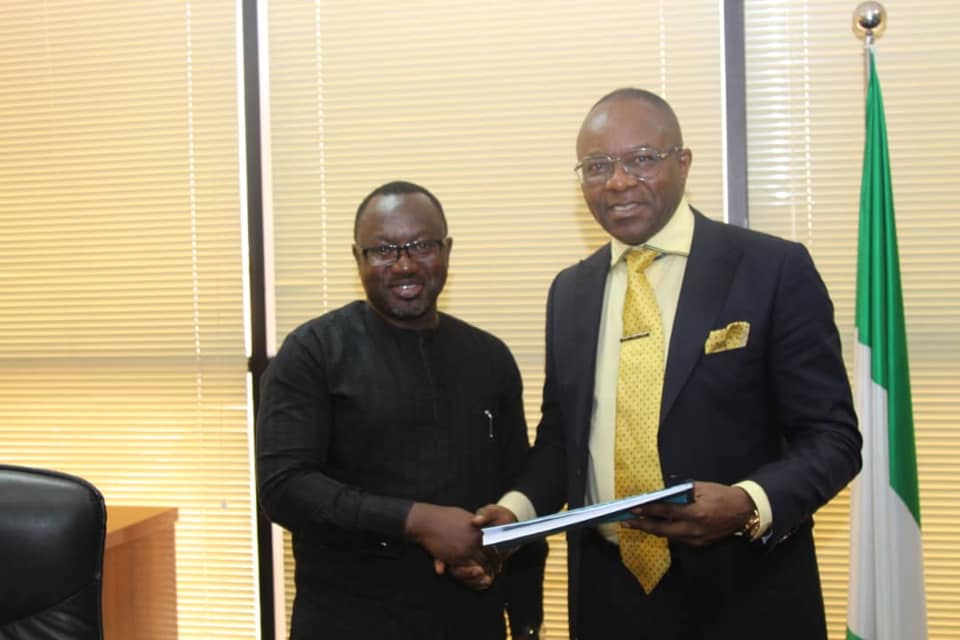
What is the most expensive fashion accessory that you have ever spent money on?
I spend a lot of money on shoes. I think that is another bad habit I picked from my dad. My favorite brand is Salvatore Ferragamo. I looked at my shoe collection lately. I was surprised it’s worth a considerable lot. My wife should never hear this.
Tea or Coffee
Tea and Coffee. Coffee in the morning, tea in the afternoon.
What’s your take on prosperity gospel?
I don’t believe in that kind of gospel. I haven’t been to a church in the past 10 years, I can’t stand that message, it gets me annoyed, it gets me irritated. It’s one of the reasons why I don’t go to church anymore.
Favorite place in Nigeria
Calabar. I love Calabar a lot.
And abroad?
I have been to a number of places abroad, but I am yet to discover a favorite. I really liked Barcelona. Quite affordable. I visited with the family. Glasgow is small and nice, good for visitors. My wife and I loved Mozambique for its simplicity and we still recall a meal we had there as the best-cooked chicken we ever had. It was at a game reserve. Travellng is fun.
Also Read: The Lunch Hour – Dr. Ola Bello, Executive Director, Good Governance Africa
If you had 50 million that you are not using, what would you invest it in?
Treasury bills. In Nigeria, that’s the only thing worth investing in now. Real Estate is too risky except you are buying land.
Someone you would like to holiday with?
The best person to holiday with is myself, me alone. I find it very pleasurable. I look forward to spending a week in Morocco all by myself.
If Buhari calls you and says Henry tell me three things that I could do policy-wise to become the greatest Nigerian President ever, what would you tell him to do?
I would say to President Buhari, do these three reforms- Eradicate the Petrol subsidy, Liberalise more product markets and stop spending all revenues on recurrent expenditure. These things will lay the foundations for a more productive economy and Nigerians will forever thank President Buhari for this.
What’s your best development model for Nigeria, India, China or Malaysia?
Can I add Singapore? Because Singapore is people-focused, people came first then the state came next. Malaysia has advantages; it is a market economy, but again with a lot of state interventions. Singapore has very consciously invested in developing its people, their capacity to improve their lives and drive development.
Which of the industry would you wish your children to go into?
Anyone of their choosing. Daughter one wishes to be a forensic scientist, daughter two wishes to go into virtual arts, last daughter wishes to be an author. My wish would have been consulting. Banking? No. It does not take a lot of talent here. Just a capacity for greed.
Thank you.
The Lunch Hour was at:
BluCabana Restaurant & Cafe, Mabushi District, Abuja
Greek Salad and Tempura Prawns (Take-Away)


